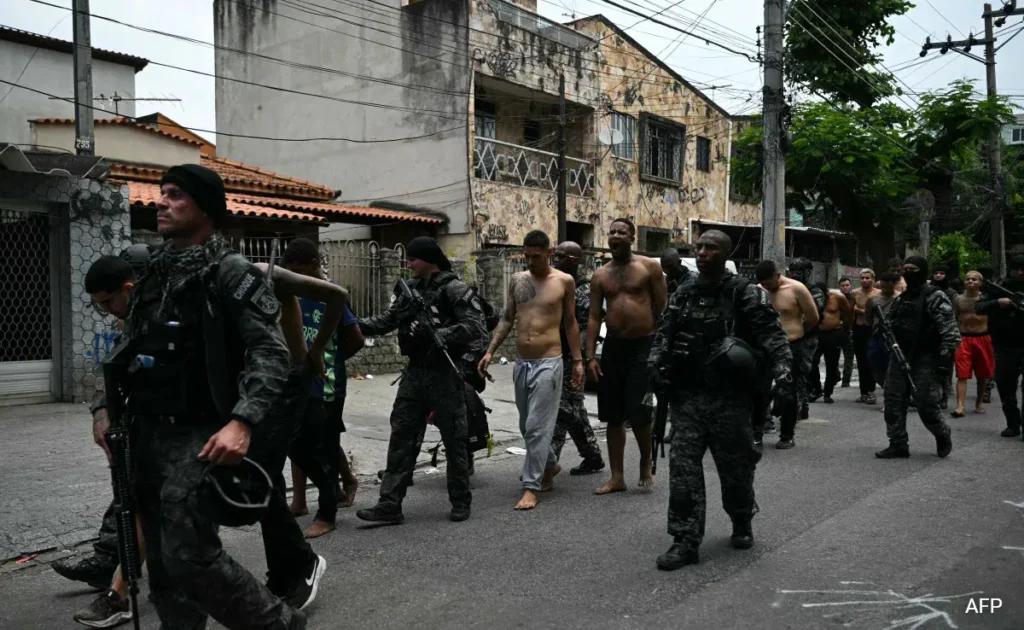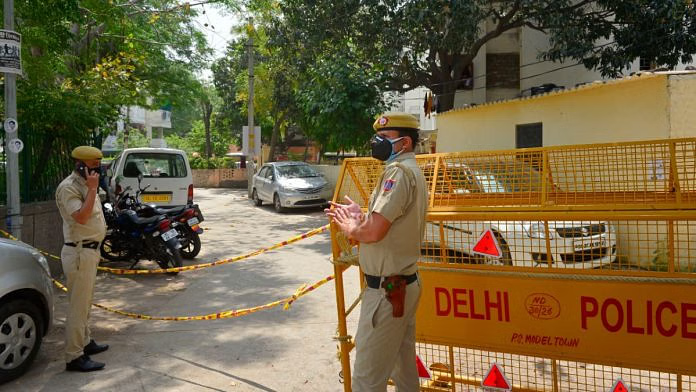Now Reading: Iran Admits Damage to Nuclear Sites After US Strikes: What It Means for Global Stability and India
-
01
Iran Admits Damage to Nuclear Sites After US Strikes: What It Means for Global Stability and India
Iran Admits Damage to Nuclear Sites After US Strikes: What It Means for Global Stability and India

In a significant development, Iran has officially admitted that recent US airstrikes have caused major damage to some of its nuclear facilities. This comes just days after Tehran had denied any serious impact, claiming there was no radioactive contamination. The sudden shift in statement has drawn global attention and raised fresh concerns about escalating tensions in West Asia — a region vital to India’s energy and economic interests.
What Iran Now Confirms
Iranian authorities have now acknowledged that key components of its nuclear infrastructure were affected in targeted US strikes earlier this month. The admission includes damage to buildings, equipment, and certain sensitive installations that play a role in uranium enrichment and nuclear research.
The acknowledgment marks a stark contrast to Iran’s earlier stand that downplayed the situation. Experts believe the change in tone could be due to mounting international pressure and satellite imagery that contradicts Tehran’s initial claims.
US-Iran Tensions Resurface
The US has justified its strikes as a response to intelligence suggesting Iranian-backed groups were planning attacks on American interests. While Washington has not confirmed which nuclear sites were hit, it has reiterated that the strikes were designed to limit future threats, not provoke war.
Iran, on the other hand, views the strikes as an act of aggression and has warned of possible retaliation. The global community now finds itself on high alert, fearing a new wave of instability in an already fragile region.
Why This Matters to India
For India, which imports a large portion of its crude oil from West Asia, any disturbance in the region carries direct economic implications. Rising tensions often lead to oil price volatility, which affects transportation, manufacturing, and overall inflation — especially in Tier 2 cities where budget constraints are tighter and price hikes are felt immediately.
Cities like Jaipur, Bhopal, and Lucknow could see increased fuel costs, pushing up the price of essentials and straining household budgets. Moreover, India has strategic and trade partnerships with both the US and countries in the Gulf, making it necessary to tread cautiously in diplomatic terms.
Regional and Global Impact
Apart from economic concerns, there are growing fears of a wider geopolitical crisis. Countries like Israel and Saudi Arabia are watching the situation closely, while European nations are calling for de-escalation. The future of the Iran nuclear deal — already hanging by a thread — now appears even more uncertain.
If the conflict deepens, it could also impact global shipping routes and flight paths, adding to commercial disruptions.
Conclusion
Iran’s admission of nuclear site damage marks a turning point in its ongoing standoff with the US. As the situation evolves, the need for calm diplomacy is more urgent than ever. For India and much of the world, stability in West Asia is not just a foreign policy issue — it is deeply linked to economic security, public sentiment, and day-to-day life.

























